One of the most hotly-anticipated horror titles of 2022 has quickly become this weekend’s Barbarian, a modestly-budgeted contained thriller that has built up the kind of advanced word-of-mouth most films can only dream to get.
Part of the appeal has been early viewers imploring audiences to go into the film as cold as possible, and since 20th Century Studios invited us to a Q&A with the film’s writer/director Zach Cregger (Miss March) as well as Barbarian cast members Georgina Campbell (Krypton) and Justin Long (Tusk), we have kept the following interview as spoiler-free as possible.
For those who want a barebones encapsulation of what the film is about, here is the official synopsis sans the many twists and turns:
“In Barbarian, a young woman traveling to Detroit for a job interview books a rental home. But when she arrives late at night, she discovers that the house is double booked, and a strange man is already staying there. Against her better judgment, she decides to spend the evening but soon discovers that there’s a lot more to fear than just an unexpected house guest.”

Opening in theaters on September 9, the Barbarian cast also includes Bill Skarsgård, Kate Bosworth, and Sara Paxton. It is produced by Arnon Milchan, Roy Lee, Raphael Margules and J.D. Lifshitz.
Zach Cregger, of the famous comedy troupe The Whitest Kids U’ Know, broke the story for this unusual film after reading a book that opened his eyes to what women have to deal with on a virtual day-to-day basis.
“I had read a book called The Gift of Fear by the security consultant Gavin de Becker,” Cregger explained. “There was a chapter in the book that was really primarily directed towards women, and he was encouraging women to pay attention to these little minor red flags that men can give off in day-to-day situations. They can be very innocuous things that you might not notice.
“Things like complimenting you when it’s not necessarily appropriate or doing you a favor that you didn’t ask for or touching in a nonsexual way that’s not initiated by you. All these little things that seemingly don’t matter, but he was basically saying the gift of fear, it’s important to pay attention to these little red flags because you’re equipped with that to identify potential threats.”
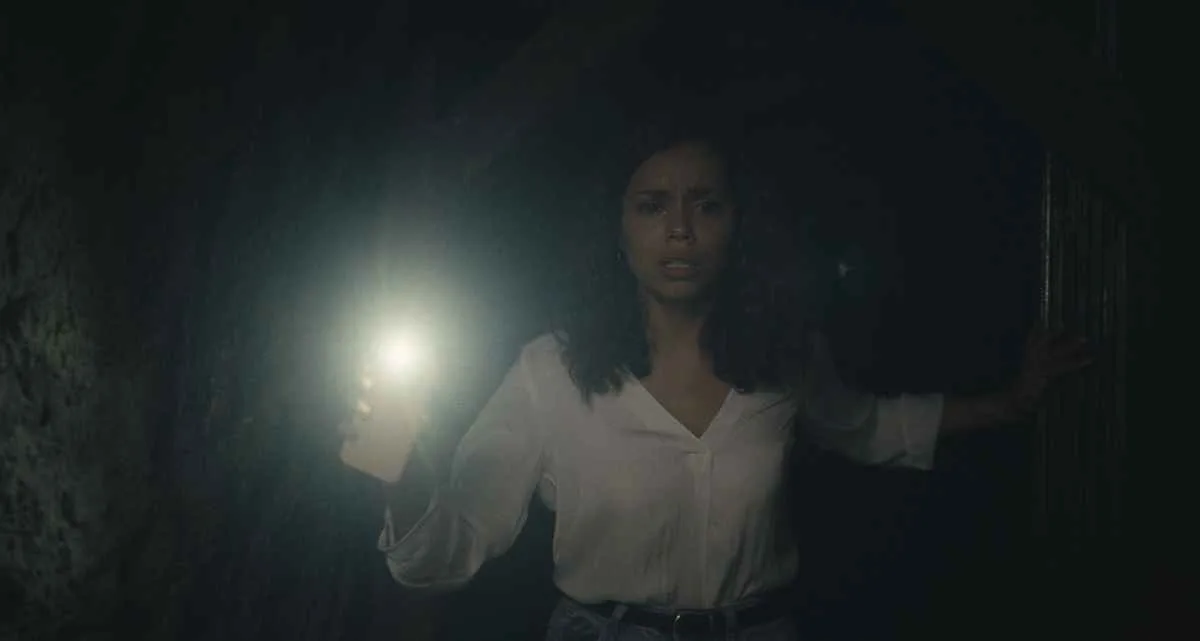
Cregger added: “As I was reading it, I just kind of had this epiphany that I don’t ever have to think about that kind of a thing because I’m a man and because I have this level of privilege where I just don’t have to consider that half the population might be somebody that means to do me harm for no reason. I just realized I occupy a completely different psychic landscape than most women do.
“It was kind of a big moment for me. I just wanted to write. I didn’t want to write a movie. I just wanted to write a scene where I could load as many of those little, tiny red flags into an interaction as possible.
“It was an exercise for me to do late at night in my garage where I am right now. It’s always a double-booked Airbnb, and I’ll make this guy really nice, but I will give him a ton of these little triggers. It was really fun, and that was the impetus. I just let myself kind of follow my nose, and I never thought about where it was going to go.
“I figured my rule was, if I’m surprising myself, then I have to be surprising the audience. As long as I have no long plan, then no one could know what’s coming, and so let’s just see how it goes, and this is the movie that came out of it.”

Cregger’s Barbarian cast found the script to be immediately engaging and felt it went beyond typical horror clichés. “I got sent the script from my agent, and at the time, I was thinking about doing a different job,” said Campbell.
“I wasn’t really sure. This script came along, and it had to be quite a fast decision. I read it, and I was just completely gripped from start to end.
“Really, there are just so many twists and turns, which as you are reading it, you’re just so engaged and just keep wanting to know where it is going, where it is going, where it is going? I’ve always really wanted to do a horror film, but I hadn’t come across anything that was right, that I really, really liked.
“I just loved it. I thought it was fantastic. Then I spoke to Zach, and he was very passionate and knew exactly what he wanted to do. It just seemed like he knew what he was doing, and yeah, I was in.”

“It was the best-written horror script I’d ever read,” added Long. “There was something very classic, completely unexpected. I had no idea what was happening. I was so intrigued by it. It was just unlike anything I’d read. It starts off as a well-written romantic comedy, which is really hard to do. The dialogue was so fluid and natural.
“Then there were things happened in it that broke so many rules. I was just so grateful; it was one of those things you read, and you were just so grateful that whoever wrote it wanted me to do it.”
While his cast was completely drawn into the world he had built, selling the script to Hollywood was initially a challenge for Cregger, whose previous film Miss March had been a box office dud.
“It’s a weird movie,” Cregger said. “This is not a script that follows conventional story beats at all. The structure is strange, and so nobody wanted it for a long time. I sent this script to everyone I knew in town. I knocked on every door, and I got no’s across the board. I had a lot of close calls with some exciting people that were like, maybe they were in, they liked it, but then I think everyone got cold feet, and everyone pulled out.
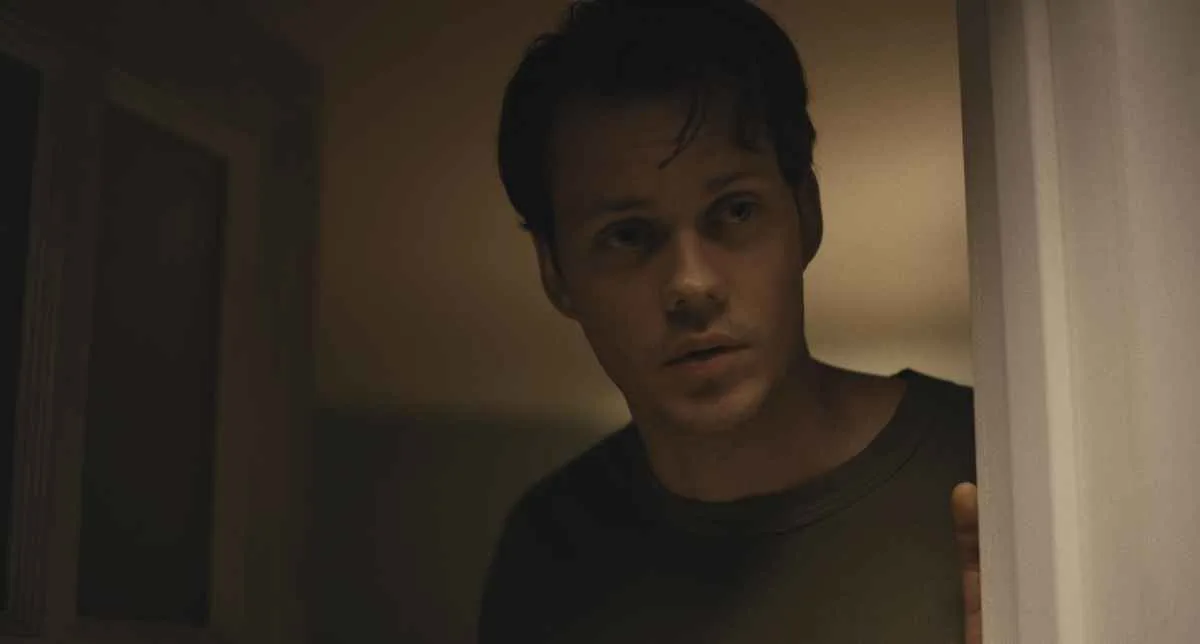
Then I got it to the BoulderLight guys, and they were excited, but these are two young dudes in their twenties, and I had kind of thought, ‘Okay, nobody wants it. These guys are kind of untested, but they’re down to do it.’ I was like, ‘It’s either I go with them, or I sell my house, and I try and make it on a micro-budget. So, let’s see what they can do.
“So then I’m playing video games in my bed at nine in the morning, as one does. I’m just depressed as hell, and my phone rings from a number I don’t know. I answer. ‘Hey, Zach.’ I’m like, ‘Yeah.’ He goes, ‘Hey, it’s Roy Lee.’ And I don’t know who that is. And I’m like, ‘Okay.’ He’s like, ‘Yeah, I read your script. I think it’s great.’
“And I was like, ‘Okay.’ He’s like, ‘I want to make it.’ I’m like, ‘Okay.’ He’s like, ‘How much do you think it would cost?’ I’m like, ‘Like 4 or 5 million dollars.’ He’s like, ‘Yeah, I think that’s reasonable. I got a couple of notes.’
And I was like, ‘I’m sorry, I don’t know who you are.’ He’s like, ‘I’m Roy Lee!’ I’m like, ‘I don’t know. I don’t know who you are, man.’ He’s like, ‘Oh, I made It, The Departed, The LEGO Movie.’ And I was just like, getting out of bed, turning the TV on. But then I was like, ‘Roy, I got to tell you. I’ve been trying to get this script in front of someone like you forever, but I’m in business with these guys at BoulderLight. I can’t bail on them.’
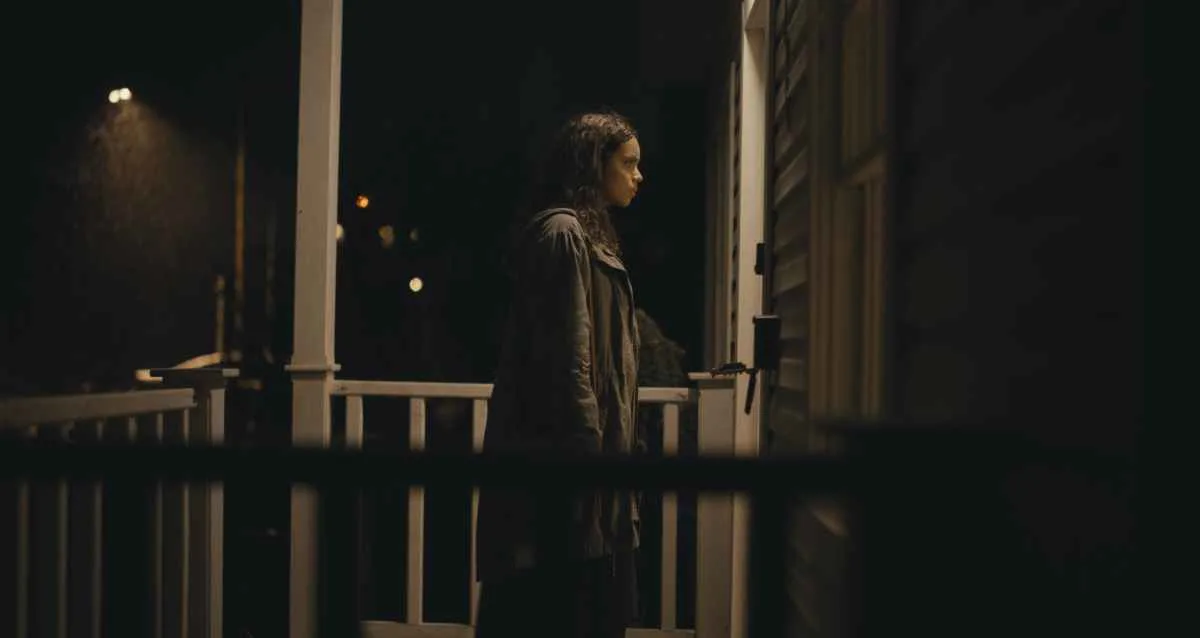
He’s like, ‘No, they gave it to me. I want to do it with them.’ And I was just like, ‘Ah!’ It was one of those moments that you wait for the phone to ring, and it is someone like that on the other end of the line. I’ll never forget that phone call. It was great. I was walking on a cloud for the rest of the day. It was awesome.”
Both Campbell and Long went to great lengths to protect the biggest secrets of the film while still explaining what their characters go through in the story.
“Tess was constructed by Zach,” Campbell attests. “He wrote her very well. Everything was there. He gave me the book recommendation, which was about fear, so I read that. I think Tess is in the audience’s place. You are viewing everything through her, so she’s very relatable. She was very easy to get into as a character because she’s the person who’s going through all this. It’s just reacting to everything that’s going on around her. I think she’s great. I don’t know what’s similar. I think she’s a much better person than me. Braver than me.”
“There was only one or two moments where I felt like I couldn’t relate,” said Long of his own character. “I could relate to somebody who was… I’ve lied before. I’ve tried to put on airs before. I’ve been flawed. But there were some really awful things that he did that, fortunately for me and people close to me, I couldn’t relate to. So, that was a challenge, but a fun challenge.
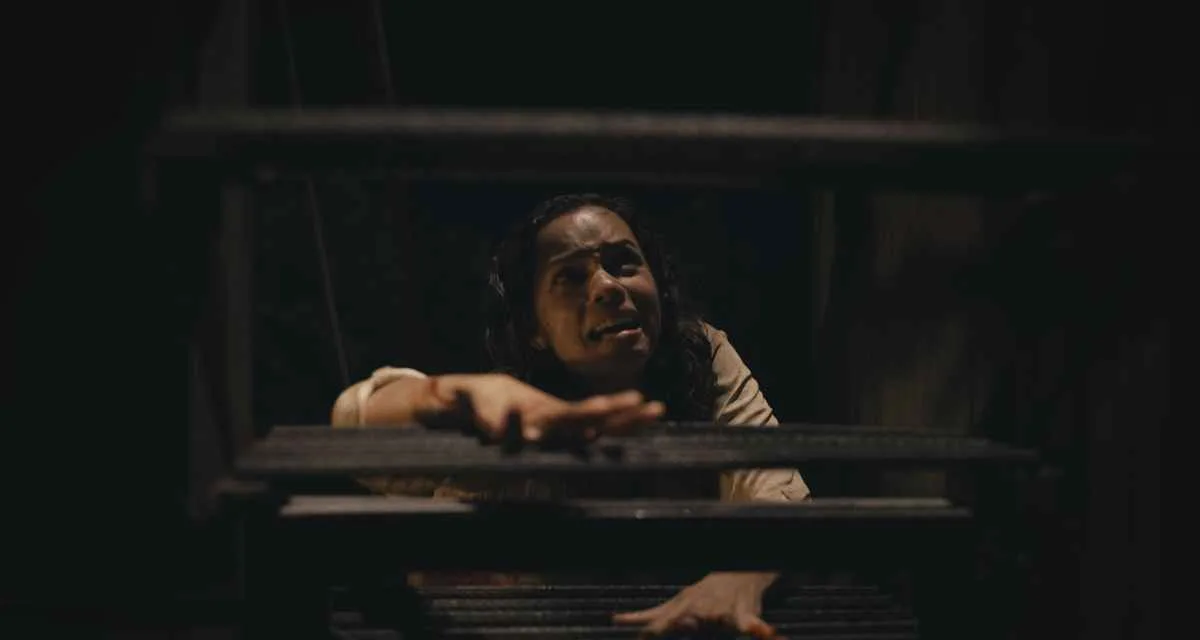
“You have to create something, and you have to create an approximation of how somebody might feel. I loved that challenge. I loved playing somebody who was that flawed and somebody who was trying so hard to… The thing I enjoyed about it was that I watched a lot of Bachelor/Bachelorette shows, and you see it with the guys on those shows a lot.
“They’re presenting in a way that they think is cool or romantic, and it’s kind of like bad improv, which says a lot about somebody’s psychology, what they think of as being cool or romantic, whatever it is. It was fun to play a guy who was kind of different when he was talking to his mother and different when he was talking to a friend. That was interesting. It was really fun.”
Just as Jordan Peele, Danny McBride, and Chris Rock have all gone down the horror road recently, so too does Cregger seem to be the next person from the comedy world to put their stamp on the genre.
“I think that there’s a lot of similarities between horror and comedy,” according to Cregger. “They’re both about timing and atmosphere and so it’s almost like a musical cadence that you have to be tuned into. You have to subvert expectations; a joke requires you to zag when the audience expects you to zag, and with a scare, it’s the exact same thing. So, it’s a muscle that I think I probably have been working out for a while.”
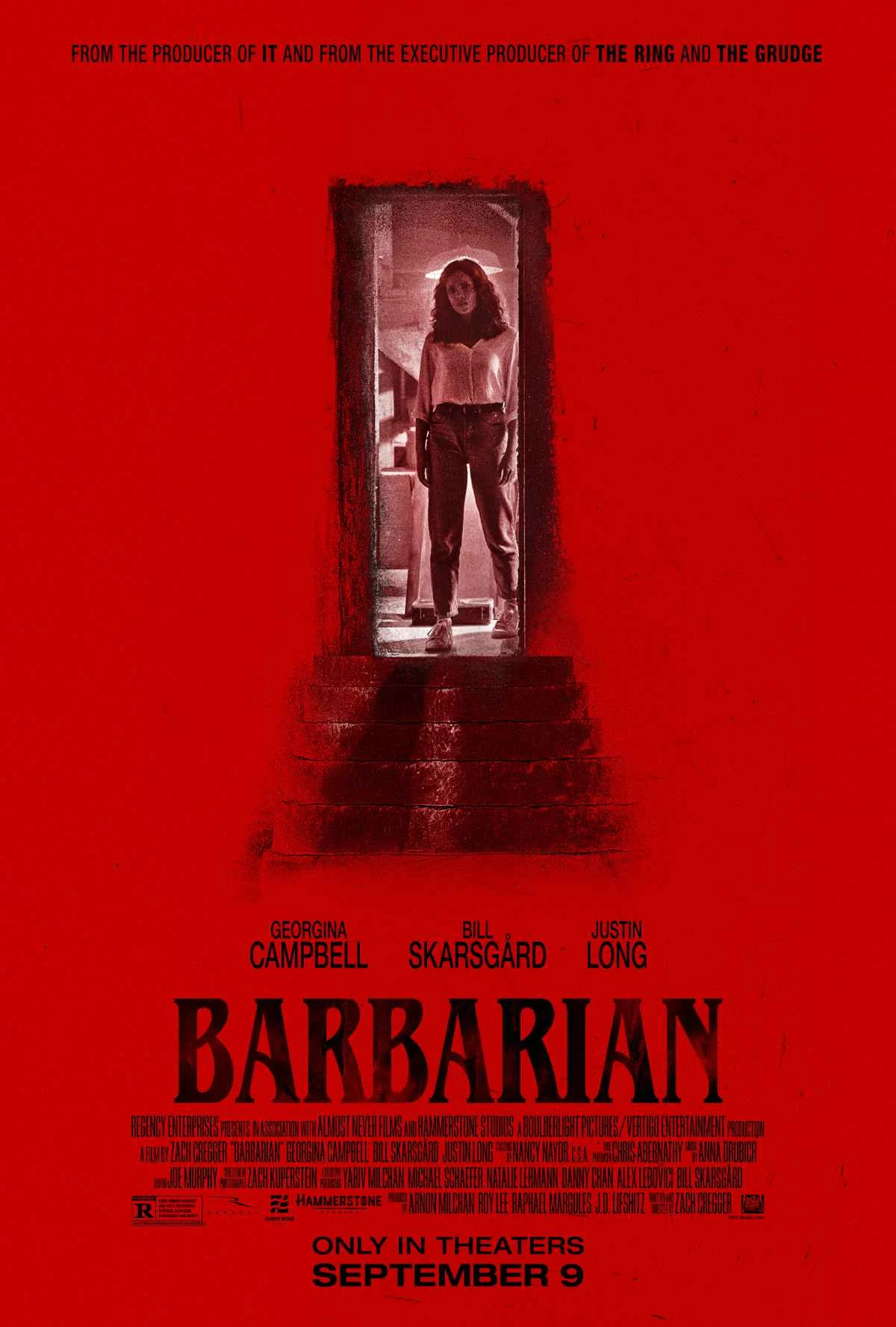
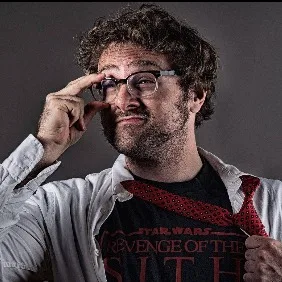
Max Evry has been a film journalist since 2005, serving at various times as a writer, interviewer, graphic designer, podcaster, video creator, features editor, and managing editor. Past media outlets have included MTV, /Film, IGN, and Fangoria. For home video companies Arrow, Kino Lorber, Indicator, and Via Vision, he has provided Blu-ray audio commentaries as well as featurettes for classic and contemporary films, including “Flatliners,” “Blackhat,” and Best Picture Oscar winner “Marty.” In 2023, he released his first book, “A Masterpiece in Disarray: David Lynch’s Dune – An Oral History,” to considerable acclaim.